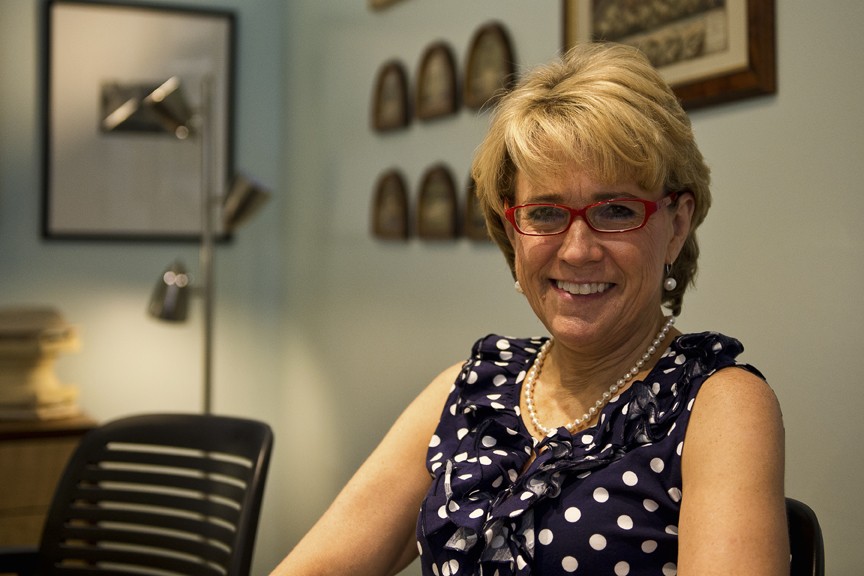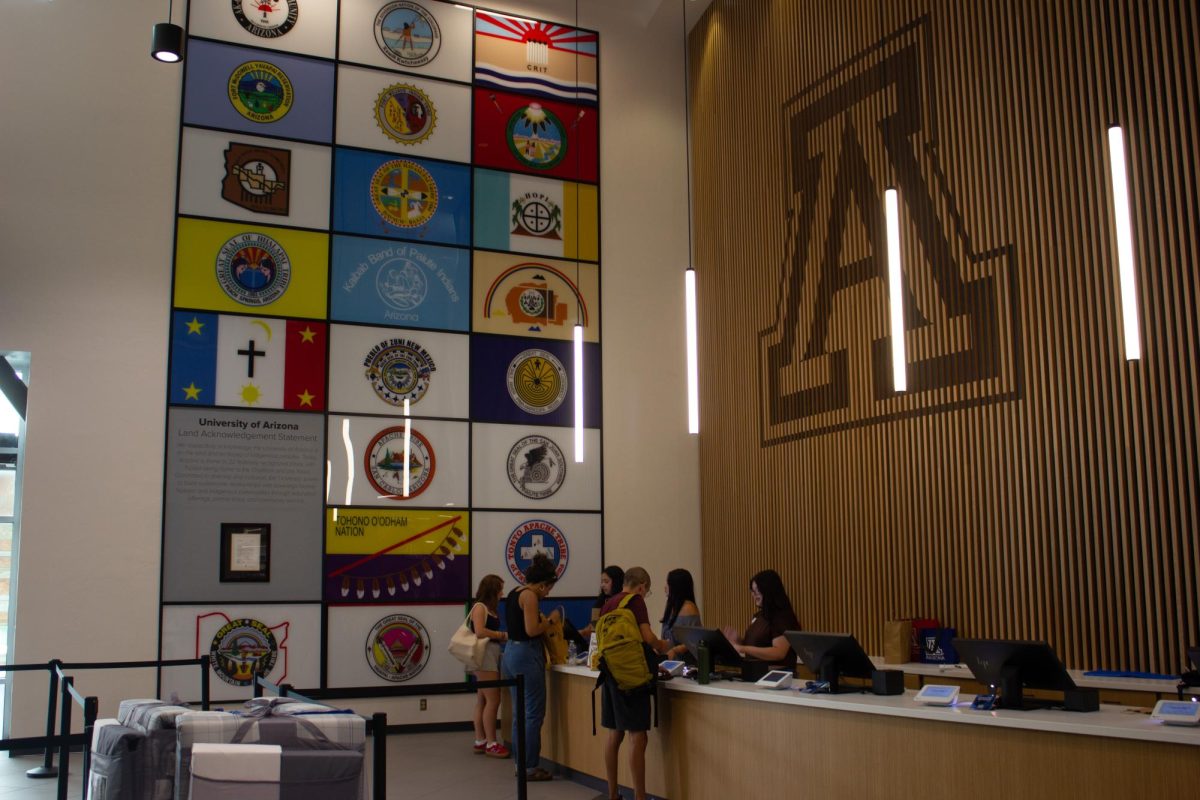Starting next semester, students interested in a career in real estate development will be able to hone their skills with a new Masters program.
Offered through the College of Architecture, Planning and Landscape Architecture and in collaboration with the Eller College of Management, the Masters of Real Estate Development degree is designed to be fast-paced, with an opportunity to finish coursework in three semesters.
From August through July, students will be exposed to a wide range of topics related to the field, including design, areas in architecture, planning, finance, market research, urban development and more, according to Lucinda Smedley, coordinator for the program.
For its first year, however, classes will be small.
“We have about five who have completed their application and we have another three who are in the process of applying,” Smedley said.
By having a small amount of students in the program, it creates a good faculty to student ratio, said Jan Cervelli, dean of CAPLA.
The program will be capped at 60, she added.
Smedley said students will concentrate their studies in one of two areas: health and wellness or transit-oriented development.
Ladd Keith, an adjunct lecturer and coordinator for CAPLA, will be teaching a class for the MRED program. Keith said his class will focus on the policy side of development, government regulations that encourage sustainable development and sustainable case studies.
“I would hope they would learn not only the principles of sustainability, but then also how to make them feasible in the real world,” Keith said.
This includes understanding not just the economic impacts of it, but also how to incorporate the environmental sustainability thinking of the market and things like social justice, he added.
“It’s [the new program] going to be a great opportunity for those looking to further their career in real estate, especially those interested in responsible property development,” Keith said.
Kegan Tom, an incoming student enrolled for the fall and president of the Architecture Company in Tucson, said she hopes the MRED program will help her to understand the development process.
“A lot of the design aspect I know,” Tom said. “But the finance part and the initial debt, finding the money sources and understanding all of that, I really hope to gain more strength in that so we [Architecture Company] can begin to develop projects in Tucson that have are really improving the community.”
Tom said she also hopes to create more sustainable options through architecture and development.
Supported by the Pima County Real Estate Research Council, the MRED program will have a close connection with the real estate industry, according to Smedley, as the council will provide research opportunities for the students and opportunities for networking, internships and mentoring.
“They’re [Research Council] interested in conducting research that helps to form the industry on those practices,” Cervelli said. “By having our students engaged and doing some of the research with the council, they’ll have direct access and experience in not only generating important information that drives the industry, but also learning research techniques.”
Smedley said she hopes to start another program for a post bachelor’s certificate, and that she wouldn’t count out the idea of seeing this opportunity for undergraduates.
As for Tom and other students looking to enroll for next semester, the MRED program can provide an opportunity to help expand their career skills.
“I think by understanding the development process and being able to become a developer,” Tom said, “it allows us to use the design abilities of our company in combination of my development knowledge — if I’m able to gain that from the master’s and real estate development degree — to pull something together that could be really great for Tucson.”









